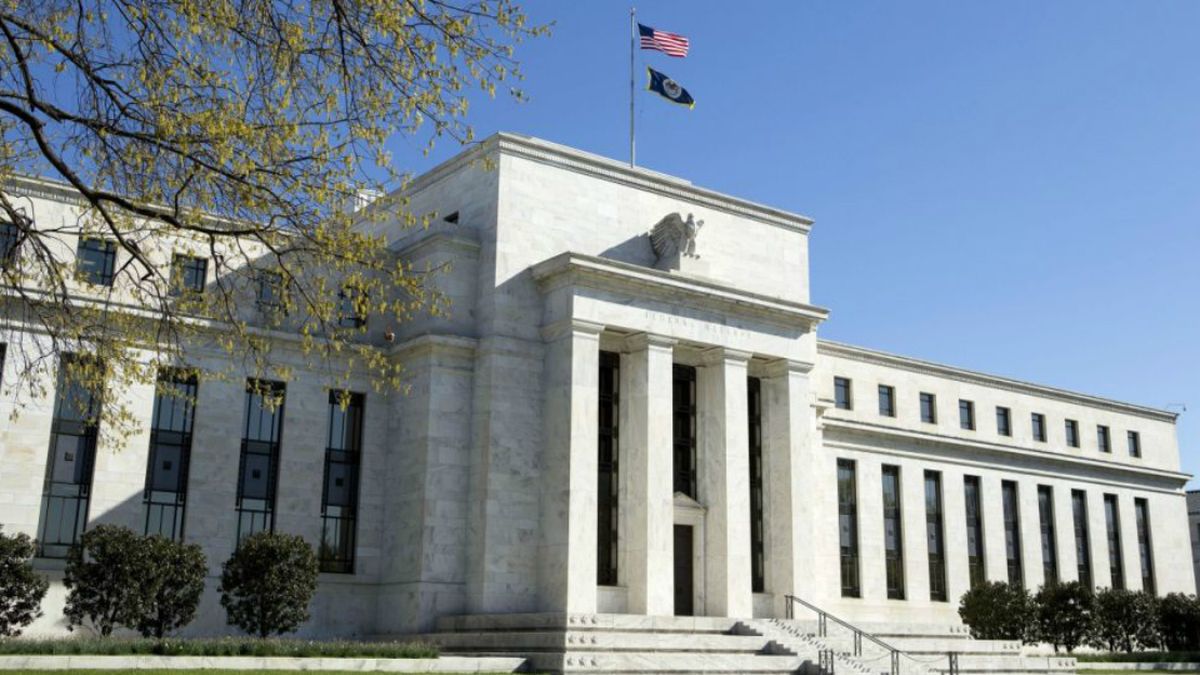1. Exchange market
“A rise in the interest rate in the United States will encourage the removal of capital flows from riskier assets as well as from emerging markets. So, this causes more liquidity in emerging markets, including Argentina, which is very little exposed to international financing,” explained Martin Rapetti in dialogue with Ámbito. For analysts, although Argentina is not integrated into international markets The consequence is indirect: capital outflows put pressure on the region’s currencies and thus generate a contagion effect on the official exchange rate.
2. Moderate rise in commodities
The war conflict was felt throughout the world. The importance of Russia and Ukraine in the energy market as well as in the production of agricultural and metal-bearing commodities had an impact on the price of these products, altering the production costs of companies around the world. For Rapetti, what worries the most is the rise in the price of international commodities. “In the event that it lasts, it will impact domestic prices and that is worrying because it puts more pressure on inflation in Argentina, which is already high and is very unanchored,” explained Rapetti, director of the Equilibra consultancy in dialogue with Ambit.
Ecolatina warned that “the risks of this price escalation are asymmetric: the projections of the commodities that play in favor today have downward risks -in relation to the yields of soybeans and corn-, while the estimates of energy demand present risks. upward. And, on the other hand, not only is it not certain that the current prices will be sustained throughout 2022, but in addition to the impact on prices, a resurgence of uncertainty due to the conflict would have an impact on financial conditions and the level of overall activity”.
“In short, in the midst of a turbulent context, central banks had been facing significant challenges, and the outbreak of the conflict between Russia and Ukraine only accentuated the difficulty. For our country, which was also facing major challenges, the first corollaries brought some good news, but also additional tensions”, added the Ecolatina study.
In this sense, for Claudio Caprarulo, Director of Analytica “the rise in rates tends to reduce the price of commodities. Beyond the jump in the price of soybeans, this may restrict the entry of dollars from exports later on. And the rise in credit makes it difficult to borrow in dollars, which sooner or later both companies and the government are going to have to go out and look for.”
3. Little investment in emerging markets
“Now that the Central Banks and the Federal Reserve are going to have to take the opposite path that they took during the pandemic, what should be expected is that the dollar will rise over time. On the other hand, there will be less credit, less international financing. Especially for emerging countries, because it will be more attractive to invest in developed economies. And that is going to make the countries that bought more from us, consume or demand less. So it is that the products that we export, particularly, are going to be negatively affected”, remarked Aldo Abram, director of the Mediterranean Foundation.
Martín Kalos, director of EPyCA Consultores, points out that a rate hike generates “greater competition for funds that could perhaps have been invested in emerging markets such as Argentina.” “But that, in a way, was already very limited. So the effect is smaller. The effect is, perhaps, due to the continuity of low investments and low capital flows to economies such as Argentina, but it has a greater impact on other emerging economies that could expect higher flows and that now compete against higher interest rates in the United States” , he concluded.
“In the current international context of high uncertainty, the key variable for capital movements to be expansive for the local economy lies in the degree of confidence that the agreement between our country and the IMF can generate,” said Fundación Mediterránea.
“The local stock market hinted at a recovery that was limited (by) the worsening of the global crisis and the doubts aroused by the technical agreement with the IMF,” said VatNet Research, noting that “the world situation has become so dangerous that it influences encouragement despite the distance from the main conflict”.
Four. Inflation
Relief for US inflation may come from rate hikes. The increase in prices of goods and services derived from the weakness of the dollar harms Argentina in foreign trade. Therefore, a rate hike that moderates price increases will help reduce the inflationary effect of imported products in our economy.
Source: Ambito
David William is a talented author who has made a name for himself in the world of writing. He is a professional author who writes on a wide range of topics, from general interest to opinion news. David is currently working as a writer at 24 hours worlds where he brings his unique perspective and in-depth research to his articles, making them both informative and engaging.




